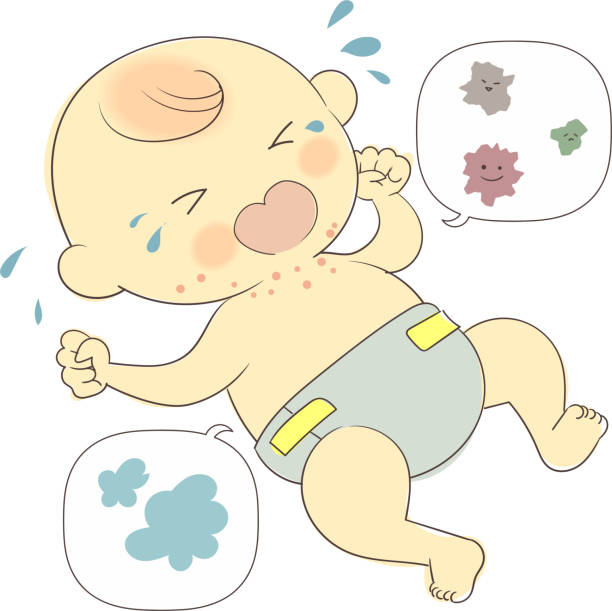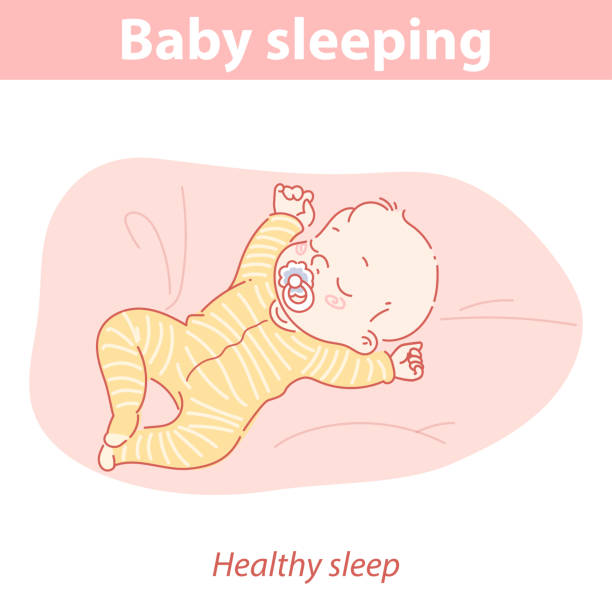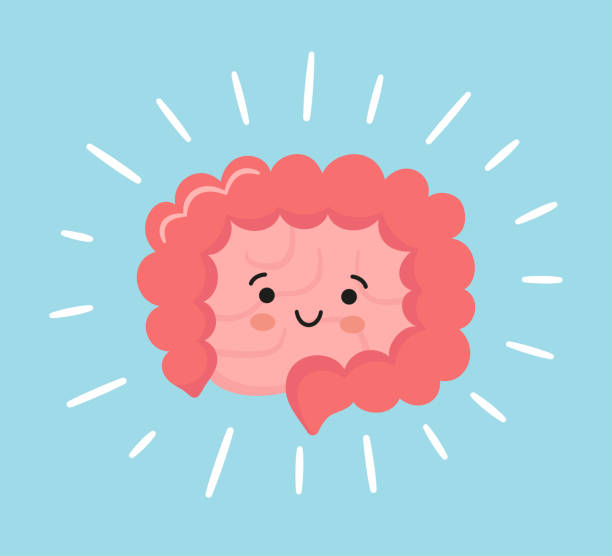Introduction
Today in this article we discuss Understanding the Connection Between Baby’s Gut Health and Overall Wellness. Whenever we talk about our child’s health, we often focus on our physical development, diet, and vaccinations. But, one aspect that is often overlooked is the child’s health. It is a good starter that not only affects the digestive system but also has a profound effect on overall health. This article will help you understand the connection between your child’s gut health and his overall health.
1. What is gut health?
Gut health refers to the proper functioning of the digestive system. Not only does digestion involve balancing the micro-organisms in the gut, which we call the microbiota. These microorganisms affect a child’s immunity, metabolism, and even mental health. Gut health is also important because it protects the baby from infection and supports its growth.
2. The role of the gut microbiota

A child’s gut is home to thousands of microorganisms that play a central role in their health. These microorganisms, including beneficial bacteria, help the body digest food, synthesize vitamins, and fight harmful bacteria. When this balance is disturbed, gut dysbiosis occurs, which can cause health problems. Therefore, it is important to maintain a healthy balance of the baby’s gut microbiota.
3. Breastfeeding and gut health
Breastfeeding is not only the best source of nutrition for the baby, but it is also essential for our gut health. Breast milk contains probiotics that promote the growth of beneficial bacteria. They act as a protective layer for the baby’s gut, preventing harmful bacteria from invading. Breast milk also contains prebiotics that nourish and balance the gut microbiota.
4. Formula milk and gut health
When breast milk is not available, formula milk is a substitute for the baby. But it is important to remember that formula milk is not a perfect substitute for breast milk. Formula milk contains probiotics and prebiotics, but these are not effective for breastfeeding. Formula-fed babies have a different gut microbiota than breastfed babies, putting them at risk for allergies and infections.
5. Solid foods introduce Karna.
When a baby is introduced to solid foods, it also affects our gut health. This is the time when significant changes occur in the infant’s gut microbiota. The timing and quality of introducing solid foods determine a baby’s gut health. Fruits, vegetables, and high-fiber foods are good for the gut, while processed foods can cause gut dysbiosis.
6. The Age of Antibiotics
Antibiotics are helpful when needed, but overuse or misuse can have a negative impact on a child’s gut health. Antibiotics not only kill harmful bacteria but also destroy beneficial bacteria. This disrupts the balance of the gut microbiota, which can weaken the baby’s immune system and cause allergies or digestive problems.
7. Stress and gut health
When baby experiences stress, it also affects our gut health. Stress hormones disrupt gut function and can disrupt the balance of microbiota. This can become part of a vicious cycle, where stress affects gut health and can add stress to poor gut health. Therefore, taking care of a child’s emotional health is also important for gut health.
8. Sleep and gut health

Sleep is essential for a baby’s overall health, and it also affects our gut health. During sleep, the body repairs itself and the gut microbiota maintains its balance. If a child doesn’t get enough sleep, it can disrupt the balance of the gut microbiota, which affects digestive and immune function. Therefore, maintaining a baby’s sleep pattern is good for gut health.
9. Environmental factors
Environment affects a child’s gut health. This includes contact with dirt, pets, and the natural environment. All of these broaden exposure to the baby’s gut microbiota, providing long-term health benefits. But, if the environment is too clean, it can limit the development of the gut microbiota, increasing the risk of allergies and autoimmune disorders.
10. Age of physical activity
Physical activity is important not only for adults but also for children. Physical activity and exercise improve baby’s digestion and increase bowel movements. Thus, active children have a diverse gut microbiota, which supports their overall health. Therefore, keeping a child active and engaging in sports is beneficial for his gut health.
11. Hydration and gut health

Water plays a fundamental role in a child’s gut health. Adequate hydration supports digestion, softens stools, and improves overall gut function. In dehydration, digestion slows down and constipation becomes more common. Therefore, keeping the baby hydrated is an important factor in maintaining gut health. But, a source of hydration is also important; In addition to water, consuming hydrating foods also helps.
12. Fiber intake and gut health
Fiber is an essential ingredient for baby’s gut health. When baby makes the transition to solid foods, adding fiber-rich foods is great for the gut. Fiber provides bulk to the stool and stimulates peristalsis of the gut, making digestion smoother. In addition, fiber acts as a fuel for the gut microbiota, promoting the growth of beneficial bacteria.
13. Immune system and gut health
The gut and the immune system are closely related. The health of a baby’s gut directly affects our immune system. A healthy gut microbiota helps fight harmful pathogens and protects against infection. Gut dysbiosis has the power to weaken the immune system, which increases the risk of infections, allergies, and autoimmune diseases. Therefore, taking care of gut health is essential to keep the immune system strong.
14. Mental health and gut health
Recent research has suggested that there is a strong connection between gut health and mental health. This is called the gut-brain axis, which is a two-way communication between the gut and the brain. A healthy gut microbiota helps with mental clarity, mood stabilization and managing anxiety levels. Poor gut health can trigger mental health issues like depression and anxiety.
Final Words
Understanding the Connection Between Baby’s Gut Health and Overall Wellness. It is important that we consider a child’s gut health as an integral part of their overall health. Gut health is important not only for digestion, but also for immunity, mental health, and physical development. Therefore, supporting baby’s gut health through a balanced diet, adequate sleep, adequate hydration, and physical activity is a primary responsibility for all of us. By taking care of our child’s gut health, we ensure their overall health, allowing them to live a healthy and happy life.
